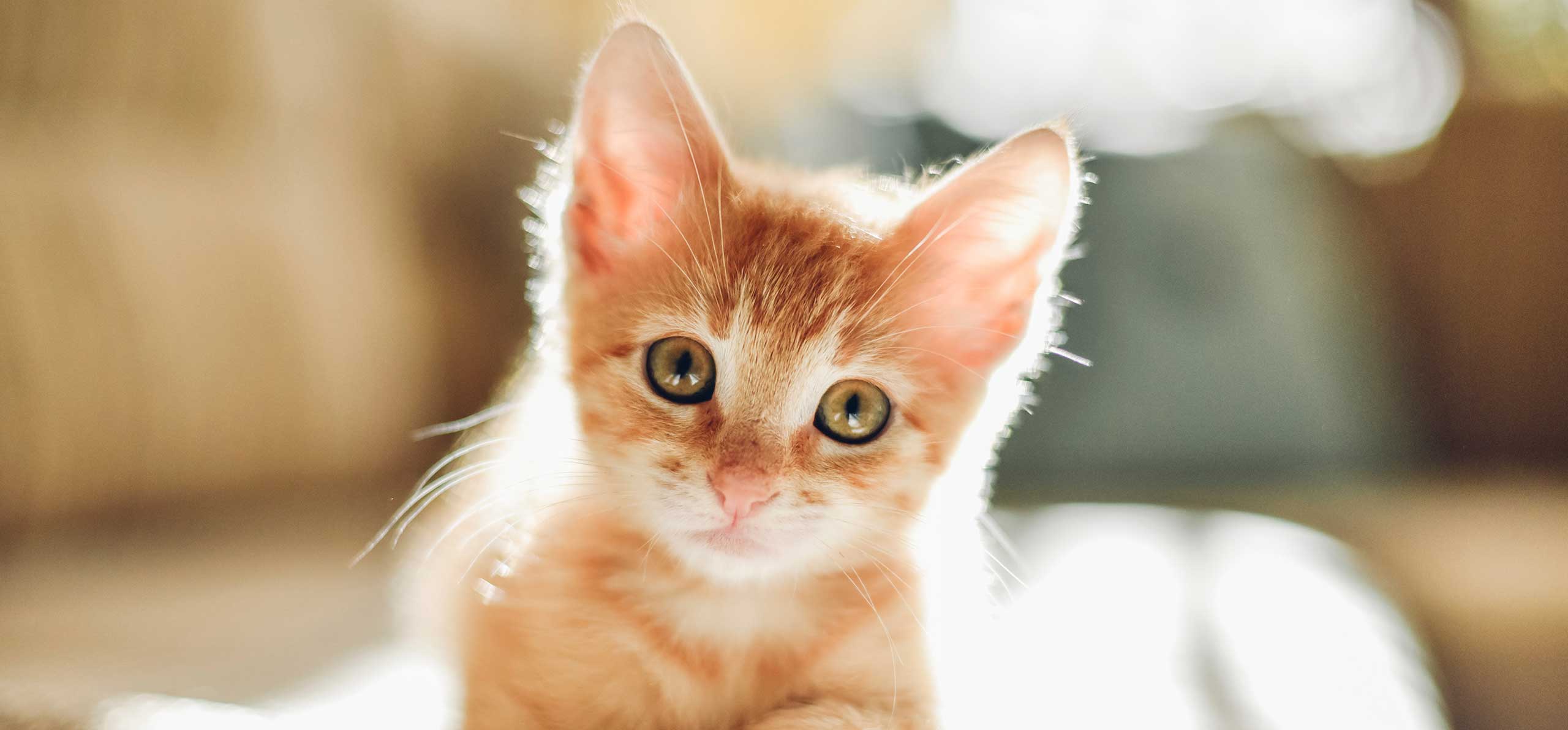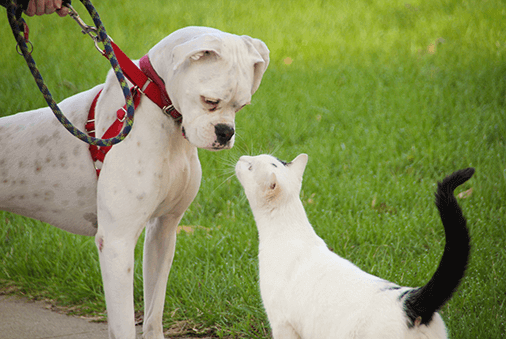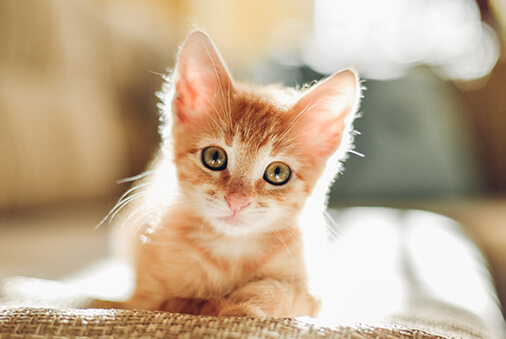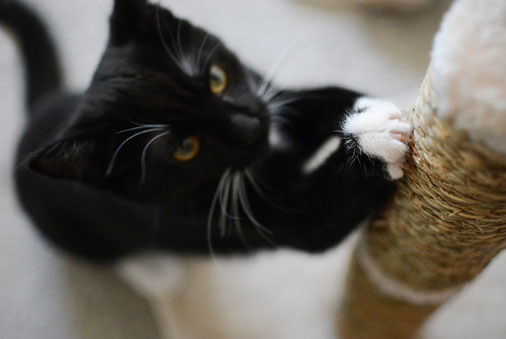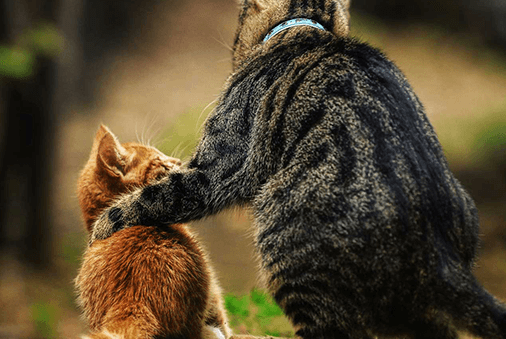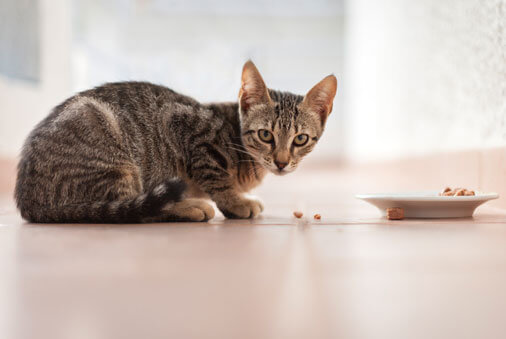Babies experience teething when their first set of teeth come in, but kittens don't suffer from sore gums until their deciduous teeth fall out and their adult teeth start to grow.
As a pet parent, it's important you know the signs of teething so you can help relieve your furry friend's pain. Here’s how to spot teething, soothe your kitten and make sure their new teeth are growing in properly.
Signs of teething
1) Rogue tooth.
You might find your kitten's tooth on the ground, but more than likely, you'll be aware of teething just by monitoring your kitten's behavior.
2) Nibbling.
Teething kittens like to nibble, bite and chew on any soft material they can find for relief. Fingers, toes, cords laying on the floor and leather upholstery are no exceptions.
3) Eat less.
Kibble and dry kitten food is often too hard and hurts your teething kitten’s gums, so you may notice they eat less.
4) Whine, drool.
Just like human babies, kittens may whine from the pain or drool more.
Soothing sore gums
The best way to care for teething kittens is to provide them with soft, wet food and soft chew toys. There are many chew toys available specifically for teething cats.
Give your kitty a few different options so she can choose what feels best. If you're overwhelmed by the array of toys, narrow your choices by searching for teething chews that can be put in the freezer. Chilled toys are often most effective at alleviating sore gums.
While brushing teeth is an essential part of dental care and important to start when your cat is a kitten, it's best to avoid brushing during teething, because it can be painful. You don’t want your kitten to associate brushing with discomfort because it can challenge successful dental care for them in the future.
No bites!
Kittens nibbling on fingers and toes might appear adorable and non-threatening, but if you allow biting, you're teaching habits that kittens will continue into their adult life.
To prevent biting and nibbling, give your kitten a chew toy whenever they start to nibble. You’ll be teaching them what’s okay to chew, and what’s not. You can also use this technique to prevent kittens from nibbling on furniture, upholstery and electric cords.
Weekly dental check
Sometimes adult teeth come in but the baby tooth doesn't fall out. Open your kitten’s mouth gently and check her teeth every week to make sure this doesn’t happen.
If you notice a stubborn baby tooth, schedule an appointment with your veterinarian, because the tooth may need to be extracted. When your kitten is about six months old, you can schedule another checkup to ensure her adult teeth are growing properly.
Teething is a natural part of life, but that doesn't mean your kitten has to suffer alone. These tips can help ease gum soreness and remember to check in with your veterinarian to prevent overcrowding and misalignment of your kitten’s teeth.

